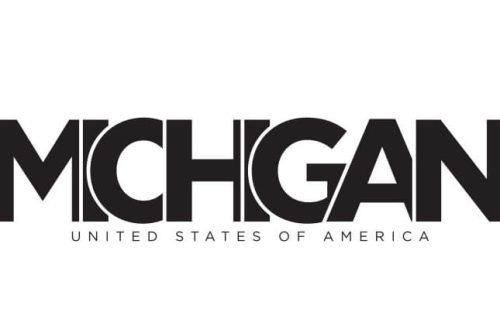In South Africa, the burgeoning landscape of female entrepreneurship is playing a pivotal role in narrowing the gender gap, fueled by a combination of opportunity and necessity. As an increasing number of women establish their own businesses, they not only create jobs for themselves but also for others, positioning the nation among the global frontrunners in women-led enterprises boasting 20 or more employees.
Remarkably, 59.3% of these female entrepreneurs intend to hire an additional one to five employees over the next five years, indicating a positive trend in job creation. “With 16.7 million citizens unemployed—5.8 million of whom are women—the urgency for more female entrepreneurs is critical,” highlights Gugu Mjadu, Executive General Manager of Marketing at Business Partners Limited. She underscores the significance of entrepreneurship as a pathway for women to assert control over their financial futures and contribute to the economy’s growth.
Shona McDonald, the founder of Shona quip and Lifetime Achiever award recipient at the 2023 Business Partners Limited Entrepreneur of the Year awards, emphasizes that launching a business is achievable for everyone. While tools such as university degrees and startup funds can be advantageous, McDonald asserts that a clear purpose, a strong support network, and resilience are the genuine keys to success.
Nevertheless, hurdles remain. Mjadu notes that women are still less likely to pursue entrepreneurship compared to men, often due to fears of failure, restricted networking opportunities, and issues with self-perception. McDonald further mentions that gender bias continues to hinder women-led businesses, particularly when it comes to obtaining funding. The latest Women Entrepreneurship in South Africa Report shows that 21.5% of female entrepreneurs face difficulties in securing financing, compared to 17.8% of their male peers.
McDonald emphasizes the importance of backing women entrepreneurs not just for economic advancement but also for societal progress. “Women typically reinvest about 90% of their income into their families and communities, in stark contrast to the 35% reinvested by men,” she notes, advocating for enhanced support and inclusion of women within the entrepreneurial realm.
Read More : Click Here






